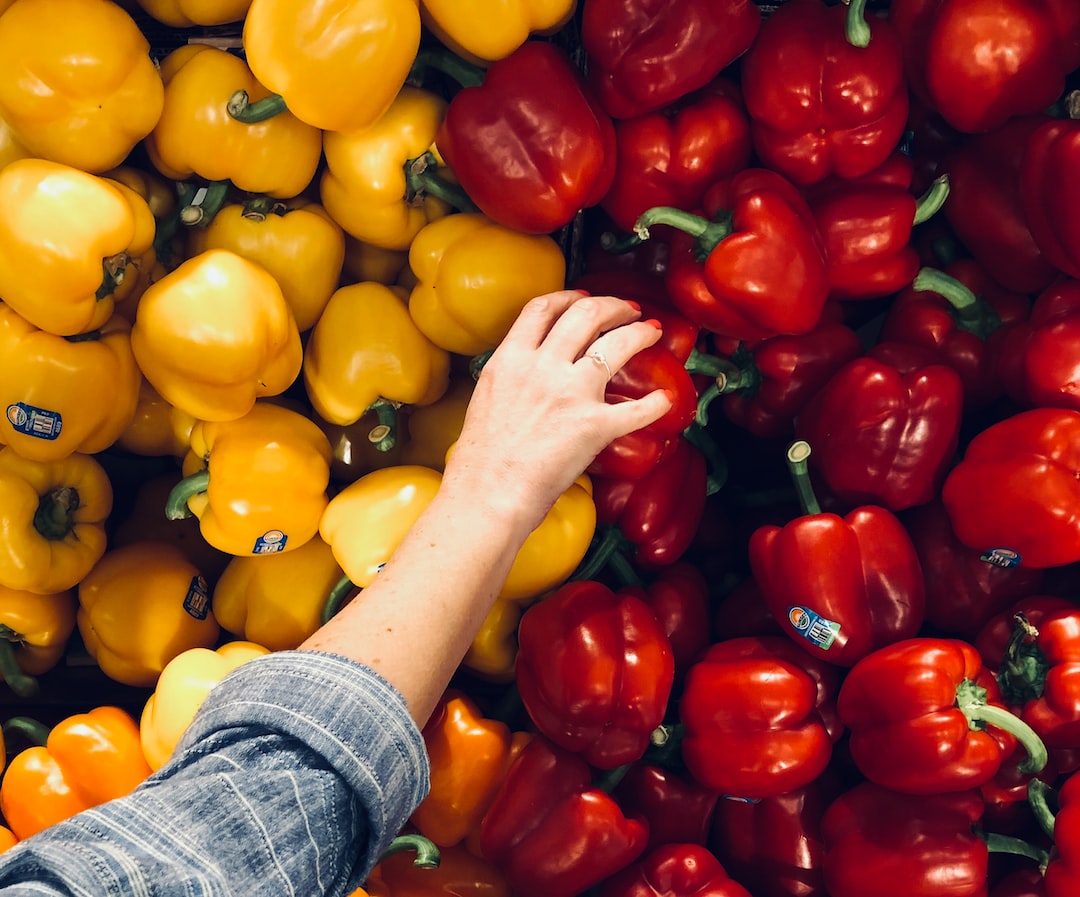Sustainable Harvesting: Ensuring the Future of Truffles
Truffles, those luxurious and highly prized delicacies, have been sought after by chefs and food lovers for centuries. However, due to their increasing popularity and high demand, the practice of truffle harvesting is facing significant challenges. To protect these delectable fungi and ensure their future, sustainable harvesting practices have become crucial.
Truffles are a type of subterranean fungus that thrives in symbiosis with certain tree roots. They develop a unique aroma and flavor, making them a culinary treasure. Traditionally, truffle hunting involved the use of pigs or dogs to sniff out the hidden gems beneath the soil. However, such methods proved quite destructive as the animals would often damage the fragile truffle mycelium network, hindering future truffle growth.
In recent years, truffle cultivation has gained momentum. Farming truffles allows for a more controlled and sustainable approach to harvesting. By inoculating host trees with truffle mycelium, farmers can create truffle orchards or plantations. These carefully managed landscapes ensure a renewable source of truffles without depleting natural habitats or damaging existing ecosystems.
Alongside sustainable cultivation, strict harvesting regulations have been implemented to preserve truffle populations. Many countries have established specific laws to protect truffles from overexploitation. These regulations include limiting the number of truffles that can be harvested, determining the size of truffles that can be collected, and controlling the number of licensed truffle harvesters.
Education plays a vital role in sustainable truffle harvesting. It is crucial to raise awareness among truffle hunters, farmers, and consumers about the importance of preserving truffle ecosystems. Harvesters need to be knowledgeable about truffle biology, understanding the lifecycle and growth patterns of these fungi. Furthermore, educating consumers about the value of sustainable truffle practices encourages them to choose products that have been ethically and responsibly sourced.
In addition to the ecological benefits, sustainable truffle harvesting also benefits local communities and economies. Truffle orchards provide employment opportunities and contribute to rural development. By promoting sustainable cultivation and responsible harvesting practices, farmers can ensure a steady income and a thriving truffle industry for years to come.
Collaboration between truffle farmers, environmentalists, and government bodies is essential for the future of truffles. By working together, they can establish monitoring programs to track truffle populations, develop conservation initiatives, and create research projects aimed at uncovering innovative and sustainable truffle cultivation techniques.
In conclusion, sustainable harvesting is vital for the future of truffles. The combination of responsible cultivation, strict regulations, education, and collaboration among stakeholders ensures the preservation of truffle ecosystems. With continued efforts to protect and sustainably manage truffle populations, future generations will have the opportunity to savor the exquisite flavors of these elusive fungi. So, the next time you indulge in truffle-infused cuisine, remember the importance of sustainable practices in maintaining the future of truffles, ensuring their availability and promoting responsible enjoyment for years to come.


